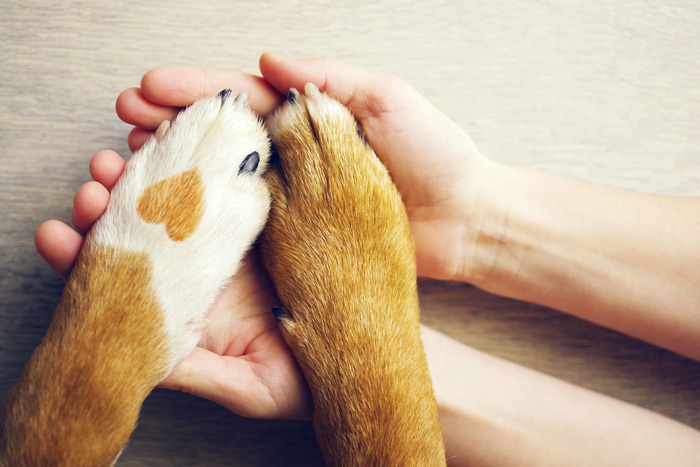Loneliness and the Holiday Season
The holidays can be a challenging time for many people—and perhaps especially challenging for people in recovery. Not only do the holidays bring temptations and stress, but they can also lead to feelings of loneliness. And if we’re being honest, that loneliness can often extend well beyond the holiday season and into the new year.
Loneliness can have a negative impact on your efforts to maintain your sobriety. As a result, the approach of the new year might be a good time to resolve to find ways to avoid overwhelming loneliness.
Remember, there’s a difference between feeling lonely and being alone. If you enjoy time spent alone, there is no need to feel anxious about that preference. What’s important is that you have strategies in place for those times when you experience negative emotions related to feeling isolated or separated from other people.
Here are some ideas for combating loneliness and supporting long-term sobriety.
Find a Group You Feel Comfortable In
Maybe you like going to church (or another house of worship) and the feeling of community, love, and support you can find there. Or maybe you’d enjoy being part of an adult sports team or arts ensemble. Or perhaps you can find like-minded souls in a book club or a crew of tabletop gamers.
If you can find a group of people who share your interests, you will likely enjoy spending time with them. You can take it slow at first and get more involved as you start to feel more comfortable.
Of course, a 12-Step group dedicated to supporting one another through the challenges of recovery may be the perfect fit for you. But don’t feel you have to limit your social experiences to the recovery community.
Get a Pet – Or Even a Plant
When we care for another life, we often find more value in our own lives. Pets can be loyal companions and can help stave off feelings of loneliness. Bringing an animal into your life is a big responsibility, but it can also offer significant benefits if you tend to experience feelings of isolation.
A plant might not seem like an equivalent companion, but caring for houseplants or for a garden can provide feelings of contentment and meaning that can serve as a defense against loneliness.
Reach Out and Repair Broken Relationships
It is possible that your substance use disorder damaged some of your relationships with friends and family. Maybe you’ve been avoiding those you’ve hurt because you feel guilty or are nervous they won’t forgive you.
But making amends can be an important part of recovery. It is, of course, possible that not everyone will be open to resuming a relationship with you, but many of your loved ones will be eager to support you and to move beyond the problems of the past. Just telling someone that you are sorry can alleviate feelings of loneliness and guilt and start you down a path toward lasting reconciliation.
Serving Others Can Be a Service to Yourself
Volunteering can be a wonderful way to combat feelings of loneliness. From food pantries to animal shelters to faith-based and arts organizations, there is plenty of need for volunteers in most every community. Volunteering will introduce you to others who share your passions as well as to a range of people who will experience the benefits of your time and kindness. Seeing their smiling faces may be just the thing you need to help you remember that you are never truly alone.
Remember to Be Kind to Yourself
Often, feelings of loneliness may arise because we aren’t even being kind to ourselves. Take time out to care for yourself with a healthy diet, good sleeping habits, regular exercise, and perhaps some mindfulness practice or yoga. When you feel better—and better about yourself—you are less prone to feelings of inadequacy that may, in turn, become feelings of loneliness and sadness. So being a friend to yourself can be an essential first step to building a network of friends you enjoy spending time with.
We Are Always Here for You
At The Aviary Recovery Center, we want you to know that you are not alone in your battle against a substance use disorder. Our team is prepared to listen to you, personalize a plan for treatment, and support you as complete rehab and begin your recovery journey. Don’t feel like you have to go it alone. We’re here to help.
(314) 464-0222. We’re here to help.










